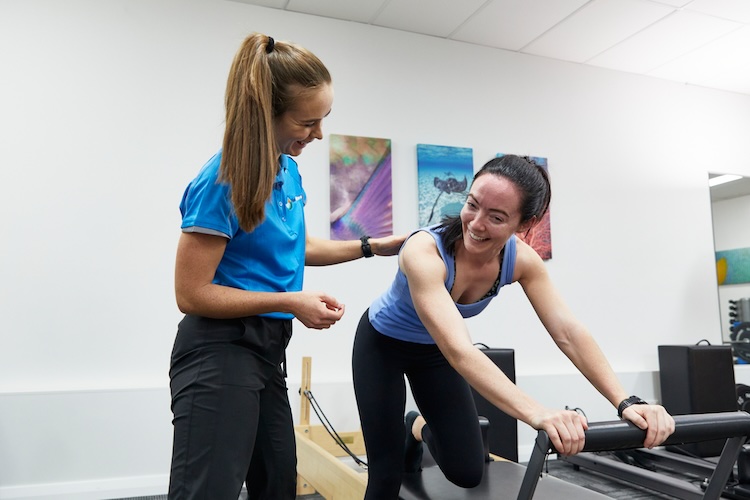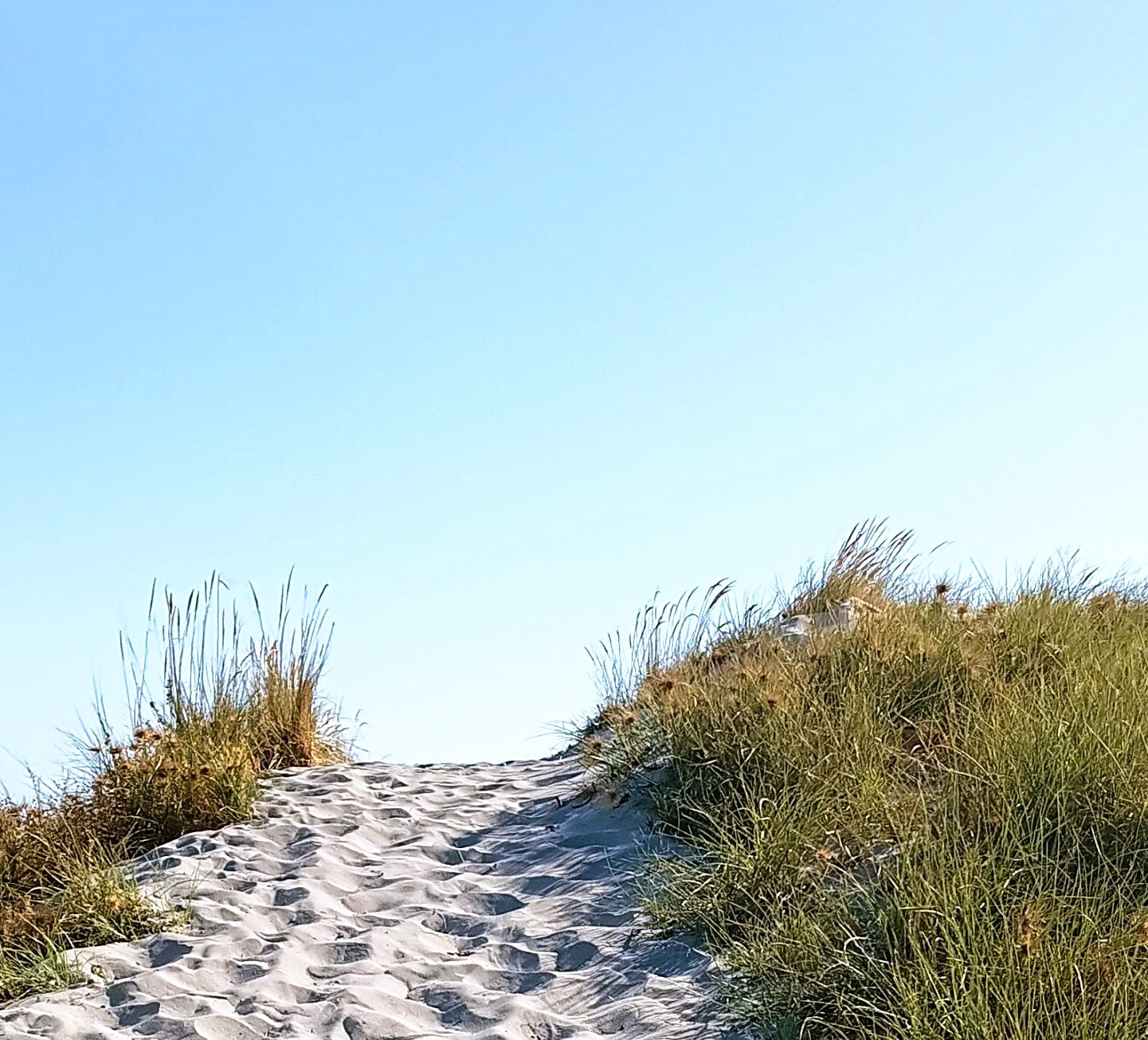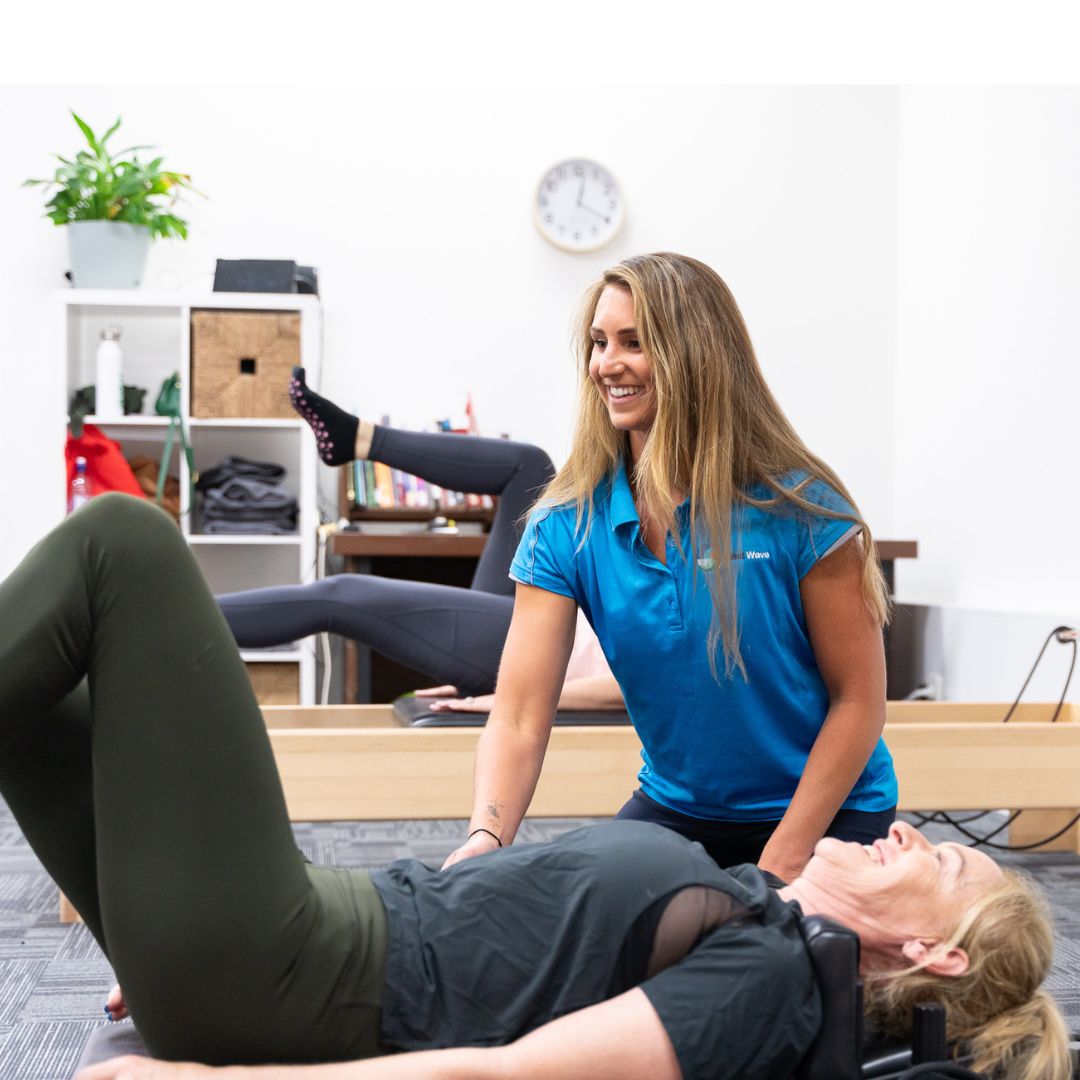Being Present
Mindfulness, at its essence, is being present.
Being present, here and now, is the first most fundamental skill taught as part of the Mindfulness and relaxation Training group program taught at next wave, Hilton (Fremantle area).
My 6 year old daughter, Sula, asked an interesting question the other day. Our conversation revealed how complex this thing of ‘being present’ actually is. But also how powerful it can be.
Being Present
Sula: Where is the end of the world?
Me: Do you mean if you started walking now, where would you end up? I suppose you would end up where you started. Here.
Sula: So the end is the beginning, right here, now!!!
Silent contemplative pause of this thing of being present, here and now, in this moment. The most important moment being now, not where you are heading (future) or where you have been (past), because you will always be at a beginning or an end.
Not Being Present
Sula: But that’s not always true. What if you don’t go in a straight line, you’ll end up somewhere else.
Me: Yes, absolutely true and that’s why it’s important to know where you’re going, why you’re heading there and not get distracted. What would distract you from staying on track?
Sula: Being afraid on my own… or getting hungry and thirsty… Or seeing something really cool and wanting to go over there.
Me: Yes, your thoughts, feelings and urges.
Staying Present
Our values help to keep us on track. These are the things in our heart of hearts that are most important to us. The people, places, experiences and what we can see, feel, hear, touch, taste and smell. Values are our compass and goals are the map. If we hold these things lightly but with commitment, in the ever present unfolding of presence, we can realise our hearts desire.
And our breath which is always with us, readily available and costing nothing is the gift we hold that keeps returning us to the end and beginning of present time.
Copyright © Sasha Wray (2017) Occupational Therapist, Naturopath, Acupressure Therapist at Next Wave has a special interest in treating mental health concerns and chronic pain. She uses mindfulness based psychological approach called Acceptance and Commitment Therapy and teaches a Mindfulness and Relaxation Training group course.






